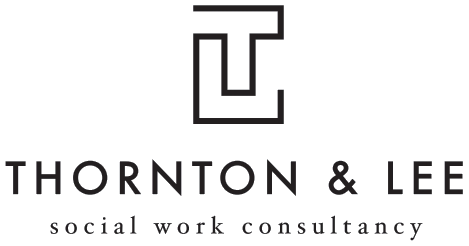How to support an individual experiencing Domestic Abuse
The UK government describes Domestic Abuse as abusive behaviour perpetrated on another individual aged 16 or over, with whom they are personally connected. Abuse might include a one off or could be regular incidents involving any of the following; physical, sexual, violence/threat of violence, control, or coercion, financial, or psychological/emotional abuse.
The new Domestic Abuse Act (2021) is the government’s commitment to raise aware-ness and understanding on domestic abuse generally, but in particular the impact on the victim and also any other family members such as children in the home.
In the UK in 2020 there were 2.3 million victims of domestic violence. Anyone can experience Domestic Abuse. Young couples, older people married for decades, same sex couples. Furthermore, Domestic Abuse is not restricted to present or past romantic relationships but can include anyone in the victim’s network whom they are personally connected to. Victims of Domestic Abuse are not exclusively women, although two thirds of all victims of Domestic Abuse are women.
Anyone can be a victim of Domestic Abuse
Domestic abuse is not an issue isolated to younger people. In fact, it is also prevalent amongst older people, as we are often sadly reminded of in our role as an Independent Social Workers. Those with physical disabilities or a cognitive impairment can be particularly vulnerable to exploitation, abuse, or neglect by others, which is why at Thornton & Lee our experienced Mental Capacity Assessors have training in Domestic Abuse, with our Assessors skilfully triaging for signs of coercion or undue influence during the assessment appointment.
Abuse hidden by generation gender norms or coercive family members
It is also essential that we don’t normalise coercive control as ‘he or she has always worn the trousers in the relationship’. And acknowledge that, regardless of age, sex, race or gender, it is not acceptable for an individual to have their independence restricted or become isolated by a partner/family member that might claim to be more knowledgeable, a better decision maker, or that they know best.
Yes, it is a careful balance in situations whereby one party might lack insight into their needs. However, best interest decisions should always be made in the least restrictive way, and any restriction on a person’s liberty and human rights, must be proportionate to the identified risk.
Don’t be scared to check if someone’s ok
It’s important that we all recognise the signs of Domestic Abuse, trust your intuition if a situation ‘feels off’, and be confident to ask the individual that you are concerned about if they are OK. Ask them, do they feel safe? Do they have access to someone they can confide in if they are scared or unhappy? Can they raise the alarm in the event of an emergency?
How can victims access support
‘The UK Says No More’ have worked hard to provide safe spaces in Boots, Superdrug, Morrisons, Well Pharmacies, and TSB banks. Victims of Domestic Abuse can access these facilities and be provided with a safe space to make confidential phone calls and access support. Additionally, the police can be contacted anonymously to place a ‘Domestic Abuse Marker’ on the property, so that police know to prioritise response times if a 999 call is received from that address. ‘The Silent Solution system’ helps filter out accidental or hoax 999 calls from those who need genuine police assistance: ‘If you are calling from a mobile phone and speaking or making an immediate sound would put you in danger and you need immediate help, call 999 and stay on the line, then press 55 when prompted and the call will be transferred to the police, who will know it is an emergency call’.
Details of available support is available for women by calling The National Abuse Helpline 0808 2000 247, or for men on The Men’s Advice Line 0808 8010 327
Remember if you remain concerned about an individual being at risk of Domestic Abuse call the Police or Social Services.
